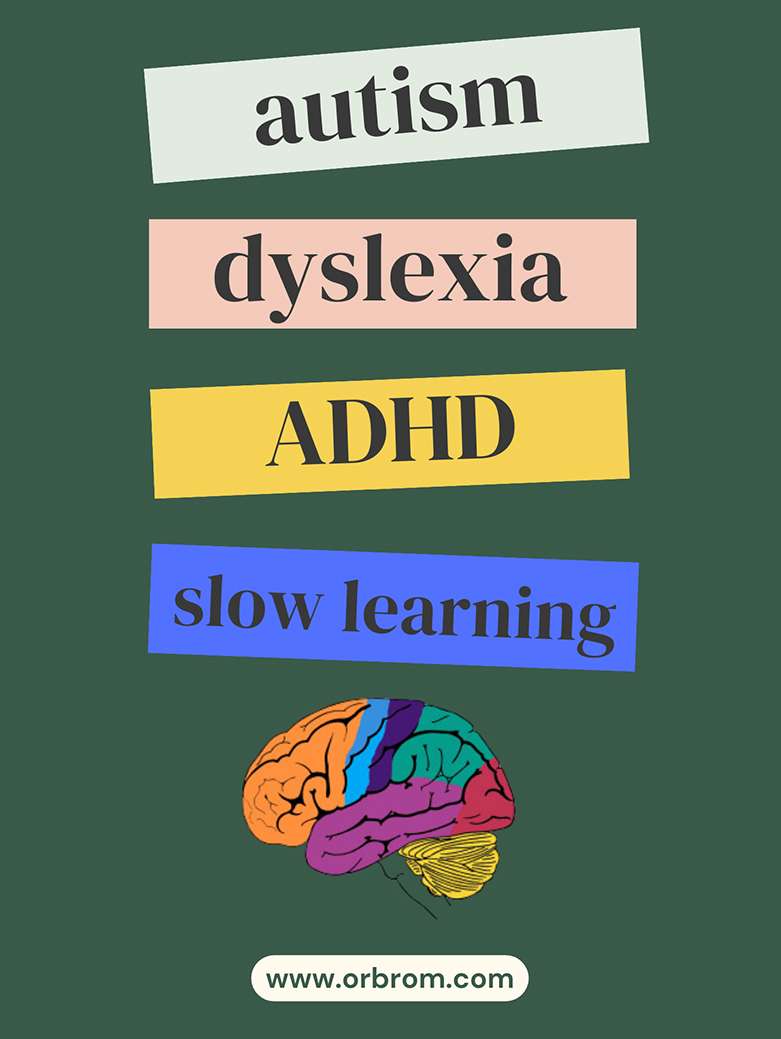Developmental and academic assessment are two important processes that help to ensure that children are meeting their developmental milestones and achieving academic success. Developmental assessment focuses on the child’s overall development, including their cognitive, language, motor, social, and emotional skills. Academic assessment measures the child’s knowledge and skills in specific academic areas, such as reading, math, and science.
Developmental Assessment
Developmental assessment is typically conducted in early childhood, from birth to age 5. It can be done by a variety of professionals, including pediatricians, child psychologists, and early childhood educators. Developmental assessments are used to identify children who may be at risk for developmental delays or disabilities. They can also be used to track a child’s progress over time and to develop individualized education plans (IEPs) for children with special needs.
There are many different types of developmental assessments. Some of the most common include:
- Bayley Scales of Infant and Toddler Development (Bayley-4): This assessment measures a child’s cognitive, language, motor, social, and emotional development from birth to age 3.
- Denver Developmental Screening Test-II (DDST-II): This quick and easy screening test can be used to identify children who may be at risk for developmental delays.
- Ages and Stages Questionnaires (ASQs): These questionnaires are used to assess a child’s development in five key areas: communication, fine motor skills, gross motor skills, personal-social development, and problem-solving skills.
- Mullen Scales of Early Learning (MSEL): This assessment measures a child’s cognitive, language, visual-motor, and fine motor development from birth to age 6.
Academic Assessment
Academic assessment is typically conducted in school-aged children, from kindergarten to 12th grade. It can be done by teachers, school psychologists, and other educational professionals. Academic assessments are used to measure a child’s progress in specific academic areas and to identify children who may need additional support.
There are many different types of academic assessments. Some of the most common include:
- Standardized tests: These tests are administered to large groups of students and are used to compare students to their peers. Some common standardized tests include the National Assessment of Educational Progress (NAEP), the ACT, and the SAT.
- Criterion-referenced tests: These tests measure a student’s mastery of specific academic skills. Criterion-referenced tests are often used to assess student progress within a particular curriculum.
- Formative assessments: These assessments are used to monitor student learning throughout a unit or course. Formative assessments can be used to provide feedback to students and teachers and to make adjustments to instruction as needed.
- Summative assessments: These assessments are used to measure student learning at the end of a unit or course. Summative assessments are often used to make decisions about student grading and placement.
Benefits of Developmental and Academic Assessment
Developmental and academic assessment offer a number of benefits, including:
- Early identification: Early identification of developmental delays and disabilities can lead to earlier intervention and better outcomes for children.
- Tracking progress: Developmental and academic assessments can be used to track a child’s progress over time and to identify areas where they may need additional support.
- Developing individualized education plans: Developmental and academic assessments can be used to develop individualized education plans (IEPs) for children with special needs.
- Making informed decisions: Developmental and academic assessments can be used to make informed decisions about student placement, grading, and instruction.
Developmental and academic assessment are two important processes that help to ensure that children are meeting their developmental milestones and achieving academic success. By understanding the different types of assessments available and their benefits, parents, educators, and other professionals can better support the growth and development of all children.
Services for Autism, ADHD, Dyslexia, Spelling Difficulty, social and slow learning, Down Syndrome, and Selective Mutism. OrbRom is the best option in Phnom Penh.
If you are concerned about your child’s development, Contact OrbRom Center for Assessments.
Phone/Telegram: 077.455.993
Telegram Link: https://t.me/OrbRom







